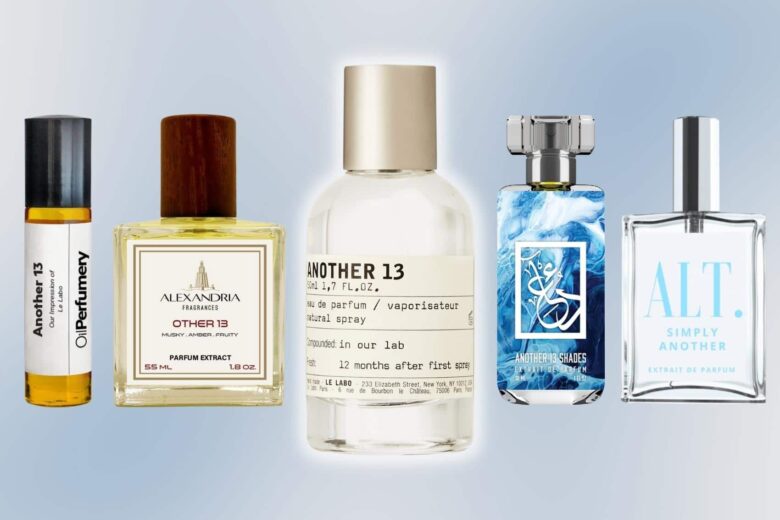Introduction: Perfume is a magical concoction that has the power to transport us to different times, places, and emotions. It’s an art form that has been cherished for centuries, captivating our senses and leaving an indelible mark on our memories. In this article, we will explore the world of another 13 le labo, from its rich history to the science behind its creation, and how it has become an essential part of our daily lives.
The History of Perfume
The history of perfume dates back thousands of years, with its origins rooted in ancient civilizations such as Egypt, Mesopotamia, and China. These early cultures used fragrant oils and herbs for religious rituals, healing, and personal adornment. The word “perfume” itself comes from the Latin words “per fumum,” which means “through smoke,” as many ancient perfumes were created by burning aromatic materials.
One of the most iconic moments in perfume history was the introduction of the first modern perfume by an Italian perfumer named Catherine de’ Medici in the 16th century. Her creation, known as “Eau de Parfum,” was a mixture of alcohol and essential oils, which laid the foundation for modern perfume-making techniques.
The Science of Perfume
Creating a perfume is a meticulous process that combines artistry and science. Perfumers, also known as “noses,” are highly skill individuals who have a deep understanding of the olfactory system and the chemistry of fragrance. They carefully select and blend essential oils, aroma chemicals, and fixatives to create a harmonious scent that unfolds over time.
Perfumes are compose of top, middle, and base notes, each contributing to the fragrance’s overall character. Top notes are the initial scents you perceive when you first apply the perfume and are often fresh and zesty. Middle notes, or heart notes, develop after the top notes evaporate and provide the perfume’s core scent. Finally, base notes emerge as the long-lasting foundation of the fragrance, anchoring it to your skin.
The Power of Fragrance
Perfume is more than just a pleasant scent; it has a profound impact on our emotions and memories. Our olfactory system is closely link to the brain’s limbic system, which controls emotions and memories. As a result, certain scents can evoke powerful feelings and memories, transporting us back in time or creating new associations.
Moreover, perfume can enhance our self-confidence and leave a lasting impression on others. A carefully chosen fragrance can become your signature, reflecting your personality and style. It can convey sophistication, sensuality, or playfulness, depending on the scent you choose.
Perfume in Daily Life
Perfume plays a crucial role in our daily lives, from personal grooming routines to special occasions. It can be a source of comfort, a way to express oneself, or a simple indulgence. Many people have a collection of fragrances for different seasons, moods, or events, showcasing the versatility of perfume.
Additionally, perfume is a thoughtful gift that can express love, appreciation, or friendship. It’s a timeless gesture that transcends cultural boundaries and can create lasting memories.
Conclusion
Perfume is a timeless art form that has evolved over millennia, from its ancient origins to the modern science of fragrance creation. It has the power to transport us, evoke emotions, and become an integral part of our daily lives. Whether you choose a classic fragrance or explore new scents, remember that perfume is more than just a scent. It’s a reflection of who you are and the memories you create. Embrace the art of perfume and embark on your fragrant journey.

